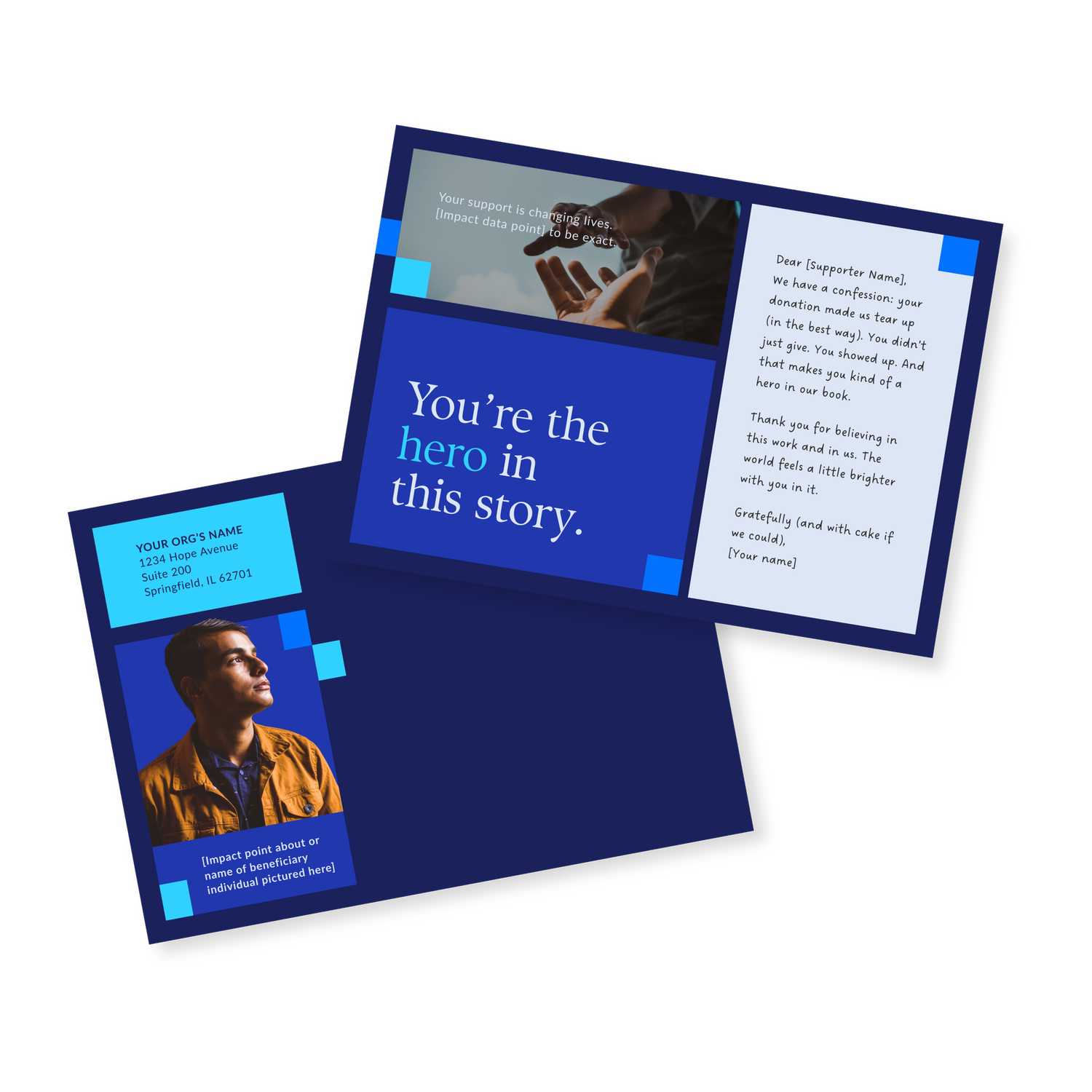Emotional engagement is the key to donor support and retention.
But how can you be sure your foundation is engaging in honest, good-faith emotional engagement and not sliding into the murky territory of emotional manipulation?
Today, we’re looking at the markers of good emotional marketing and the signs that a marketing strategy has veered into a less desirable, manipulative space so you can recognize the difference and feel confident and secure in your foundation’s marketing approach.
Ethical emotional engagement
There’s nothing wrong with connecting with your donors’ emotions. In fact, it’s one of the most effective strategies you can use! At Acton Circle, we’re big on using visual storytelling and graphics to evoke an emotional response to encourage action and support.
The key is to make sure you’re not crossing the line into unethical marketing.
You’ll know your foundation’s marketing strategy is ethical and sound if you are:
- Transparent and honest
You want to make sure all emotional appeals are rooted in facts and data, and that those facts are clearly shared with your audience. Infographics are a great way to make complicated data and numbers more accessible and transparent for potential donors. - Respectful of your audience’s autonomy
Your goal is to share compelling stories and create a sense of urgency and desire to act—not to force or guilt-trip anyone into supporting your cause. Make sure your emotional engagement includes plenty of space for potential donors to make their own decision to support without feeling coerced or pressured. - Balanced in your approach
You always want to pair a powerful story with related stats, data, and results. Leaning too heavily on the emotional appeal can feel manipulative. You want your audience to be emotionally and logically connected to your cause. - Empowering
The stories you share should come from a place of empowering the community or audience you serve. You can do this by sharing stories of resilience, success, and strength instead of pity or shame.
One of the best ways to ensure your emotional engagement is positive and ethical? Make sure everything you share is grounded in your mission and vision.
When emotional engagement becomes emotional manipulation
Even well-meaning marketing strategies can become problematic if you’re not careful. The passion and urgency you feel about your cause should always be channeled into positive, ethical marketing, but how do you know if you’ve crossed a line?
Emotional manipulation looks like:
- Exaggeration or misrepresentation
Even if it’s “for a good cause,” it’s unethical to exaggerate the severity of the problem you’re trying to solve or misrepresent the truth about the community you’re serving. You should always have facts, data, and hands-on experience to back up any claim you make or story you tell. - Shaming others into action
If your messaging generates support through guilt-tripping or shaming your audience… it’s unethical. There’s a clear difference in creating urgency through transparent storytelling and telling your audience they are morally bankrupt or uncaring if they don’t support your cause. - False urgency
Yes, you want to make sure people understand the very real consequences of not taking action or supporting your cause. But urgency marketing tactics become a problem when you exaggerate the potential effects of not taking action or specifically prey on people’s fear in order to gain their support. - Objectifying the population you serve
Whether your organization supports people, animals, or the environment—it’s always important to protect and elevate the intended beneficiaries’ autonomy, dignity, and complexity. Reducing the community you serve to an object of pity or a one-dimensional “problem to be solved” is unethical. The need for donor support should never come at the expense of the population you’re trying to help.
Emotional engagement is a powerful marketing strategy, which is why it’s crucial to avoid the unethical use of this power.
Foundation Marketing Done Right
Positive, ethical emotional engagement builds long-term relationships with donors, empowers and centers the population being served, and is always based in facts and truth.
On the other hand, emotional manipulation exaggerates or distorts reality, relies on shame, and exploits the power of the audience's emotions.
When done well and with intention, emotional appeals—through your messaging, storytelling, and graphics – are one of the best ways to build long-term, meaningful support and engage motivated donors.
Want easy, practical design tips for your nonprofit? Sign up for The Bold Print and get weekly ideas on how to share your story and keep your brand strong.










